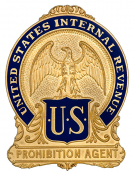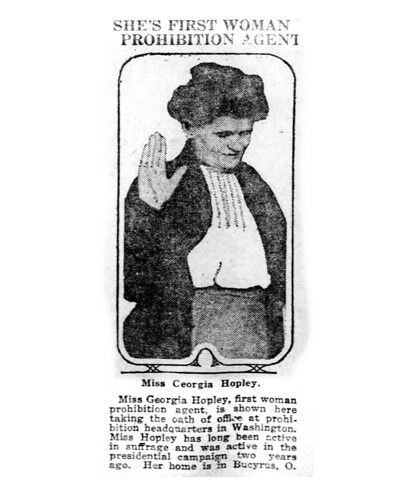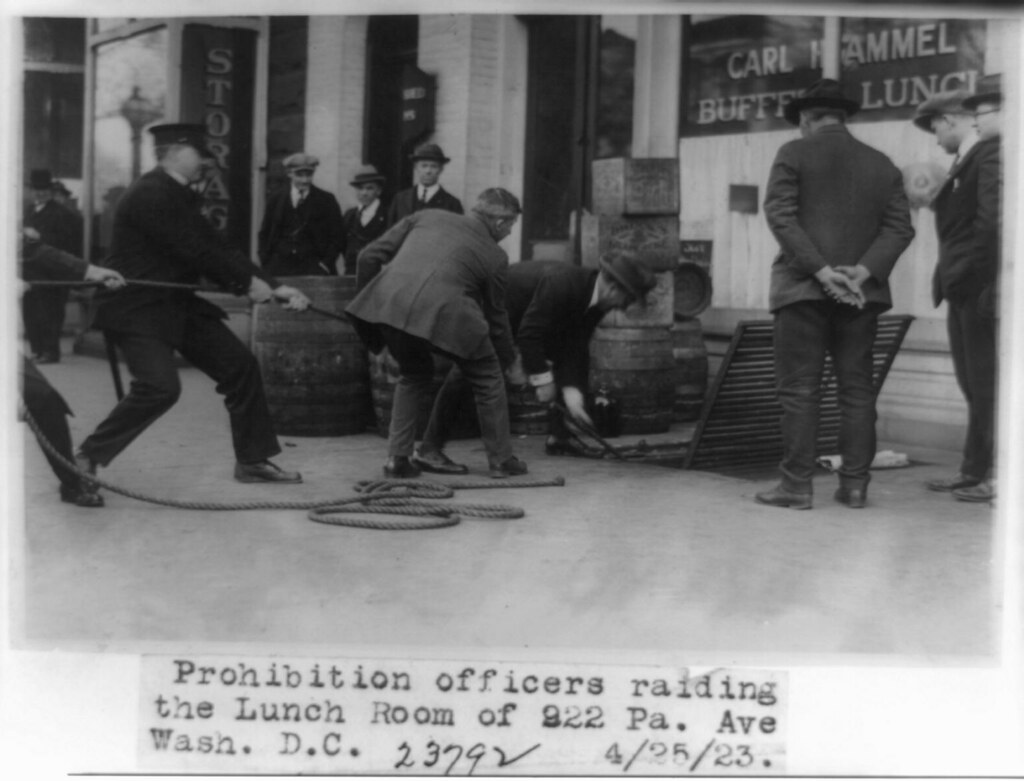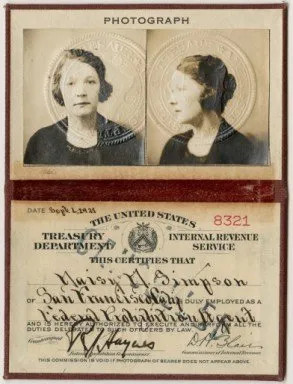Women and the law
How did women enforce and promote Prohibition?

The Bureau of Prohibition aimed to stop alcohol sales and consumption, raiding bootlegging rings and nightclubs. Agents, often underpaid and uncertified, were hired in large numbers. The 1929 Jones Law increased penalties, fueling public resentment. Figures like Major Maurice Campbell faced backlash for enforcing Prohibition, especially from New York’s elite who opposed the raids.

Georgia Hopley, a Prohibition agent, initially worked in enforcement before leading the Bureau’s publicity efforts. She became a one-person public affairs office, traveling nationwide to speak at churches, schools, and conventions. Hopley wrote articles, gave interviews, and met with leaders to strengthen public support for Prohibition enforcement, showing determination and persistence in her role.

Even if most of the Prohibition agents were men, women agents were still valuable since male agents couldn't legally or conventionally search women. Female bootleggers exploited this by hiding alcohol on themselves and taunting agents. Some even threatened lawsuits if touched. Bootleggers also hired women as passengers to avoid vehicle searches, as many federal agents hesitated to stop cars carrying women.

Daisy Simpson, a prominent Prohibition agent, worked in cities like San Francisco, Baltimore, Chicago, Milwaukee, and New York. Known as the "Lady Hooch Hunter," she gained press attention for using over 100 disguises to infiltrate speakeasies and arrest those serving alcohol. Her tactics, similar to Izzy Einstein and Moe Smith, included pretending to be ill to catch bartenders offering whiskey.
Glossary
- Backlash: aftereffect
- Bootlegers: people selling illegally alcohol
- Tauting: mocking, riduling
- Enforcement: put in effect the Probition (here)